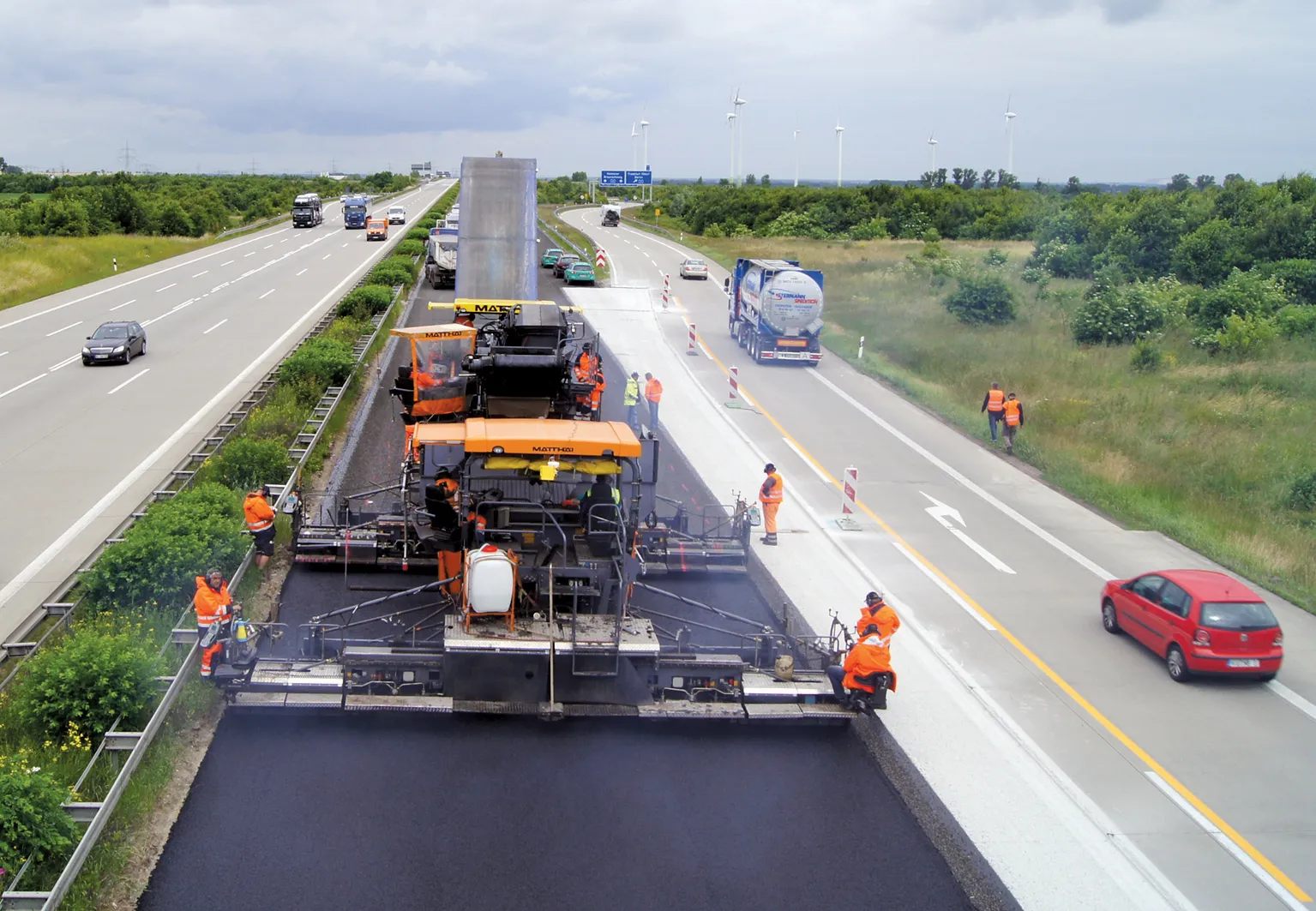Aggressive driving by one person behind the wheel can result in others following suit. That is the conclusion of a new study carried out by the London School of Economics and Political Science (LSE) and tyre manufacturer Goodyear. The conclusion of the research reveals that when one driver behaves aggressively, others will respond with similar behaviour. The study was carried out in 15 separate countries and included close to 9,000 drivers.
December 7, 2015
Read time: 2 mins
Aggressive driving by one person behind the wheel can result in others following suit. That is the conclusion of a new study carried out by the London School of Economics and Political Science (LSE) and tyre manufacturer 5010 Goodyear. The conclusion of the research reveals that when one driver behaves aggressively, others will respond with similar behaviour. The study was carried out in 15 separate countries and included close to 9,000 drivers.
Of those who participated, 87% said that when other drivers behave badly, they are also likely to do so. And 55% of those surveyed also admitted that when they have been angered by the behaviour of one driver, they may then exhibit a similar reaction to other road users. Meanwhile, when drivers show patience and respect for each other, this behaviour will also be reciprocated and repeated.
Typical triggers for anger at other road users can stem from issues such as tailgating, poor lane discipline, incorrect signalling or careless manoeuvres at junctions.
The study also reveals that certain drivers are not only dangerous themselves but also trigger similar behaviour in others, potentially resulting in crashes elsewhere entirely.
Of those who participated, 87% said that when other drivers behave badly, they are also likely to do so. And 55% of those surveyed also admitted that when they have been angered by the behaviour of one driver, they may then exhibit a similar reaction to other road users. Meanwhile, when drivers show patience and respect for each other, this behaviour will also be reciprocated and repeated.
Typical triggers for anger at other road users can stem from issues such as tailgating, poor lane discipline, incorrect signalling or careless manoeuvres at junctions.
The study also reveals that certain drivers are not only dangerous themselves but also trigger similar behaviour in others, potentially resulting in crashes elsewhere entirely.






